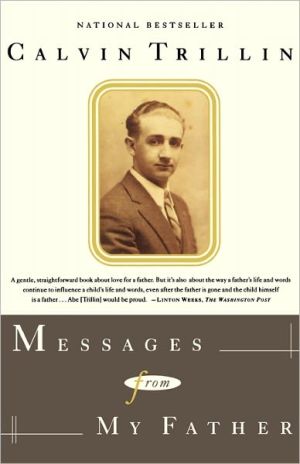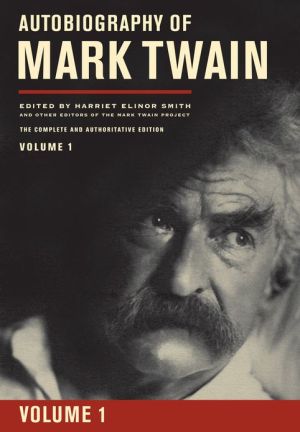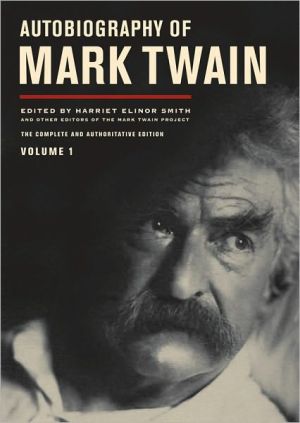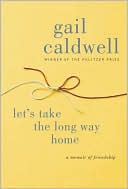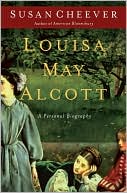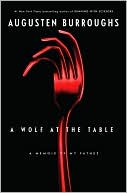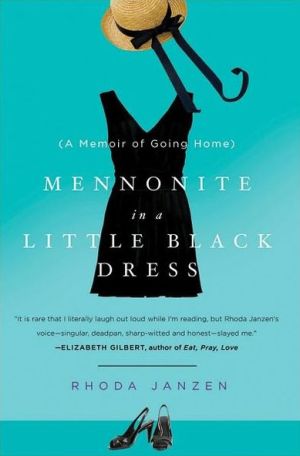Messages from My Father
Calvin Trillin, the celebrated New Yorker writer, offers a rich and engaging biography of his father, as well as a literate and entertaining fanfare for the common (and decent, and hard-working) man.\ Abe Trillin had the western Missouri accent of someone who had grown up in St. Joseph and the dreams of America of someone who had been born is Russia. In Kansas City, he was a grocer, at least until he swore off the grocery business. He was given to swearing off things—coffee, tobacco,...
Search in google:
Calvin Trillin, the celebrated New Yorker writer, offers a rich and engaging biography of his father, as well as a literate and entertaining fanfare for the common (and decent, and hard-working) man.Abe Trillin had the western Missouri accent of someone who had grown up in St. Joseph and the dreams of America of someone who had been born is Russia. In Kansas City, he was a grocer, at least until he swore off the grocery business. He was given to swearing off things—coffee, tobacco, alcohol, all neckties that were not yellow in color. Presumably he had also sworn off swearing, although he was a collector of curses, such as "May you have an injury that is not covered by workman's compensation." Although he had a strong vision of the sort of person he wanted his son to be, his explicit advice about how to behave didn't go beyond an almost lackadaisical "You might as well be a mensch." Somehow, though, Abe Trillin's messages got through clearly.The author's unerring sense of the American character is everywhere apparent in this quietly powerful memoir. Publishers Weekly PW praised this "charming" memoir of the New Yorker writer's deceased father, a "taciturn, stubbornly honest Kansas City grocer." (June)
\ From the Publisher\ "A sensitive, affectionate portrait . . . Thirty years after his death, Abe Trilinsky, mild-mannered Midwestern grocer, still looms large for his son."—The New York Times Book Review\ "[This] gentle, straightforward book about love for a father is also about the way a father's life and words continue to influence a child's life and words, even after the father is gone and the child himself is a father . . . Abe [Trillin] would be proud."—The Washington Post\ \ \ \ \ \ \ Publishers Weekly - Publisher's Weekly\ PW praised this "charming" memoir of the New Yorker writer's deceased father, a "taciturn, stubbornly honest Kansas City grocer." (June)\ \ \ Library JournalLest one be misled by the title into thinking that this book has something to do with the supernatural, be assured that it is no ectoplasmic romp. Having mentioned his father in Remembering Denny (LJ 3/15/93), syndicated columnist Trillin here devotes an entire book to telling the story of the "second generation grocer" who lived in St. Joseph, Missouri. Enormous skill is required to interest a reader in a person who at first sight would seem scarcely to justify full-length treatment, and loyal followers of Trillin won't be surprised to learn that he keeps his readers absorbed. With sentiment that is never mawkish, he spotlights the charms and idiosyncrasies of the man he describes as "stubborn." The book is not so much a biography as a portrait, a kind of evocative search for memories and events that have been significant in the life of Trillin fils. Recommended for most collections. [Previewed in Prepub Alert, LJ 2/15/96.]-A.J. Anderson, GSLIS, Simmons Coll., Boston\ \ \ \ \ Linton WeeksA gentle, straight forward book about love for a father is also about the way a father's life and words continue to influence a child's life and words even after the father is gone and the child himself is a father…Abe [Trillin] would be proud. —The Washington Post\ \ \ \ \ Kirkus ReviewsThe renowned humorist fashions an affectionate portrait of his father that muses on the elliptical methods by which men raise sons and by which sons strive to please fathers.\ Trillin likens his father's "messages"—indirect signals combining expectation, assumption, and wish—to a secret code. Their meanings were ambiguous to young Calvin. No fan of heart-to- hearts, Abe Trillin's most direct advice was the low-key dictum "You might as well be a mensch." By turns a grocer, restaurateur, hotelkeeper, and real estate developer, Abe was indeed a mensch—a person who always does the right thing—and it's clear his messages and example transmitted a powerful moral code his son still follows. Legendarily stubborn, thrifty, and opinionated, the Russian immigrant earned a reputation for taciturnity but also possessed American optimism and a comic sense that mixed Yiddish humor with a midwesterner's self-deprecating ingenuousness. He was a man of many theories: on butchers, gin strategy, and women's dental fitness (good teeth are the key to a happy marriage), and a connoisseur of curses. Calvin's well-documented love of doggerel finds an antecedent in the verses Abe penned for the menu of his Kansas City restaurant: "Don't sigh/eat pie." The writer obviously relishes Abe as card and character, but it's an amusement tempered by sobering loss at Abe's death, and by a sense of awe (heightened by his own experience with parenthood) that his father managed to pass on as much as he did. Of Abe's typically oblique support of writing as a possible vocation, Trillin wryly muses: "Would that be how you'd steer your son toward journalism—slip the word to him casually when he's three years old and then make sure he knows how to type?"\ With characteristic grace and good humor, Trillin crafts a charming, heartfelt memorial to his father that is also a loving demonstration of how deeply he took his father's advice to heart.\ \ \
